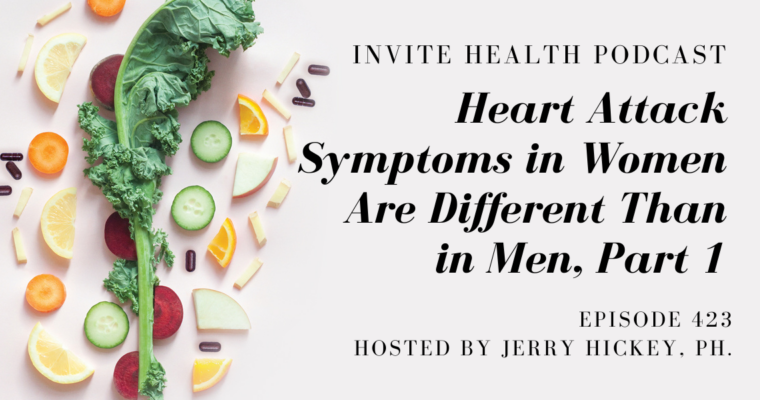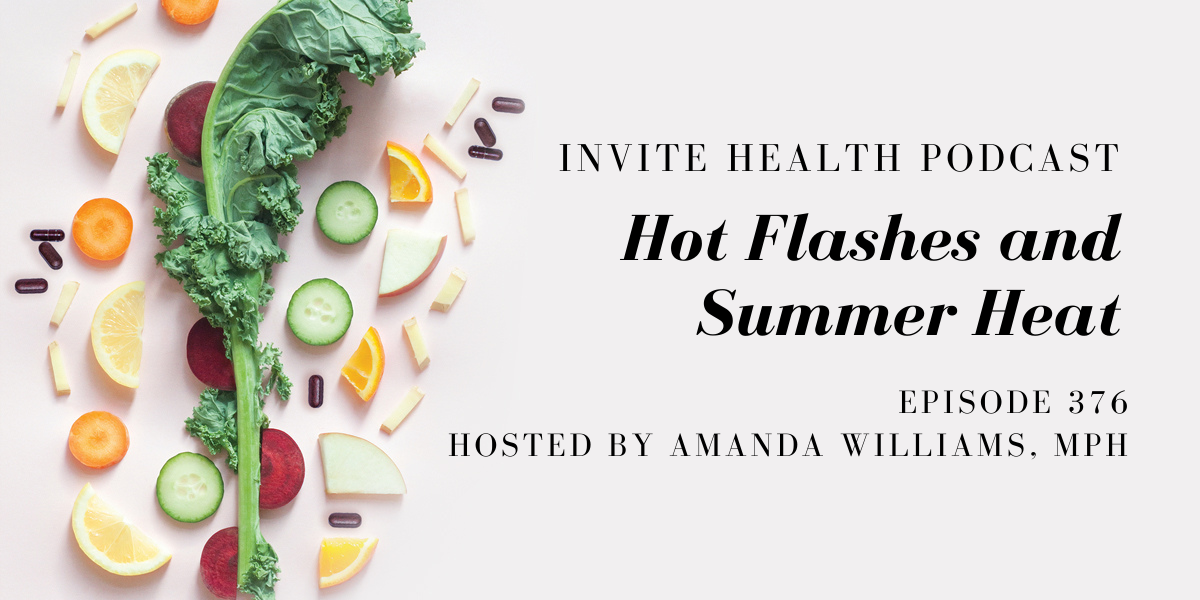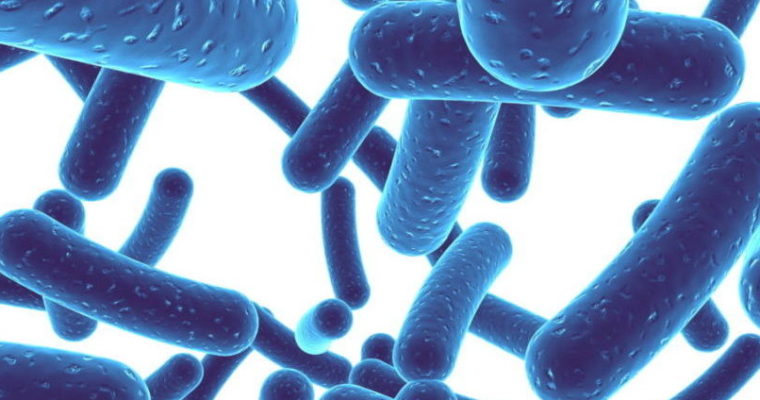hot flashes
InViteⓇ Health Podcast, Episode hosted by Amanda Williams, MPH
Subscribe Today!
As we get into the heart of this summer, we are already recognizing that this is one of the hottest summers on record. But what happens if you are already dealing with some other issues, such as hot flashes? Maybe you are a perimenopausal or menopausal woman and you are dealing with this along with the summer heat. Is there a connection between menopausal symptoms and the seasons? I want to talk all about that today.†
Does the weather impact hot flashes?
During menopause, women undergo really profound biochemical changes in all aspects of the body. For many women, one of the most well-known symptoms of menopause is hot flashes, as well as night sweats. A lot of women can experience sleep disturbances, mood disturbances and differences in energy. They may begin to gain weight or develop brain fog. For some women, this can last upwards of ten years.†
We also have to look at environmental factors that may exacerbate this. We can look at things such as seasonal changes and the weather. There have been studies looking at how monthly variations of hot flashes and night sweats, as well as trouble sleeping, can be impacted by the time of year.†
HOW AIR POLLUTION IS HARMING YOUR HEALTH – INVITE HEALTH PODCAST, EPISODE 277. Listen Now>>
One study in the journal Menopause looked at how a lot of women have a greater likelihood of reporting symptoms of more frequent hot flashes and disrupted sleep during the summer in particular. Why is that? This is something that scientists are still trying to hone in on. It’s hard to know if weather plays a definitive role in menopause symptoms such as hot flashes, but we do know that many women going through menopause will find the summer months more challenging. This is because it’s already hot and humid and if you’re having hot flashes on top of that, it can be very uncomfortable.†

Nutrients that can help with menopausal symptoms
There are a lot of different things that we can be doing to support the body as it goes through menopause. Different plant-based phytoestrogens, for example, have been shown to be very beneficial. We can also look at including high levels of antioxidants and key vitamins and minerals such as Vitamin D and calcium. Sometimes taking Vitamin D3 every single day, along with a calcium supplementation, can help women fend off hot flashes and many other menopause symptoms.†
We can look at things that help the body with the proper breakdown of estrogen, such as indole-3-carbinol and DIM. For many women who experience hot flashes and other menopausal symptoms, adding these supplements into their routine can oftentimes help them feel much better.†
SUPPORT YOUR BODY WITH SPECIFIC NUTRIENTS DURING MENOPAUSE – INVITE HEALTH PODCAST, EPISODE 174. Listen Now>>
In this episode, Amanda Williams, MPH discusses how the heat of the summer may worsen hot flashes for perimenopausal and menopausal women. She explains why this may happen and offers recommendations for supplements that can help.†
Key Topics:
- Statistics on menopause
- Research on factors that can impact hot flashes
- Symptoms commonly related to menopause
- The similarities between symptoms of menopause and symptoms of dehydration
Thank you for tuning in to the InViteⓇ Health Podcast. You can find all of our episodes for free wherever you listen to podcasts or by visiting www.invitehealth.com/podcast. Make sure you subscribe and leave us a review! Follow us on Facebook, Twitter and Instagram at InViteⓇ Health today. We’ll see you next time on another episode of the InViteⓇ Health Podcast.











